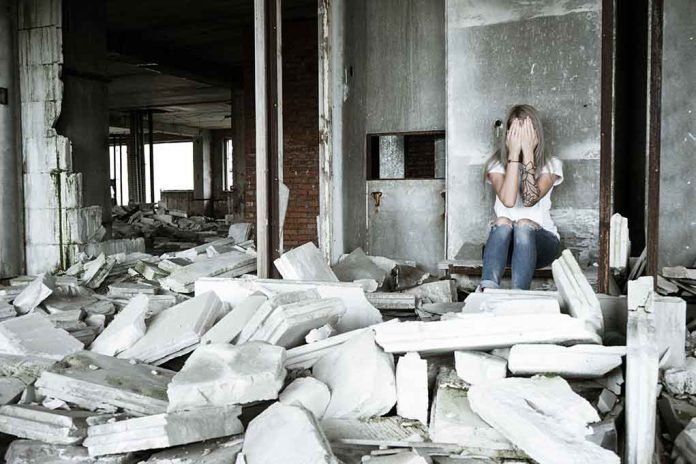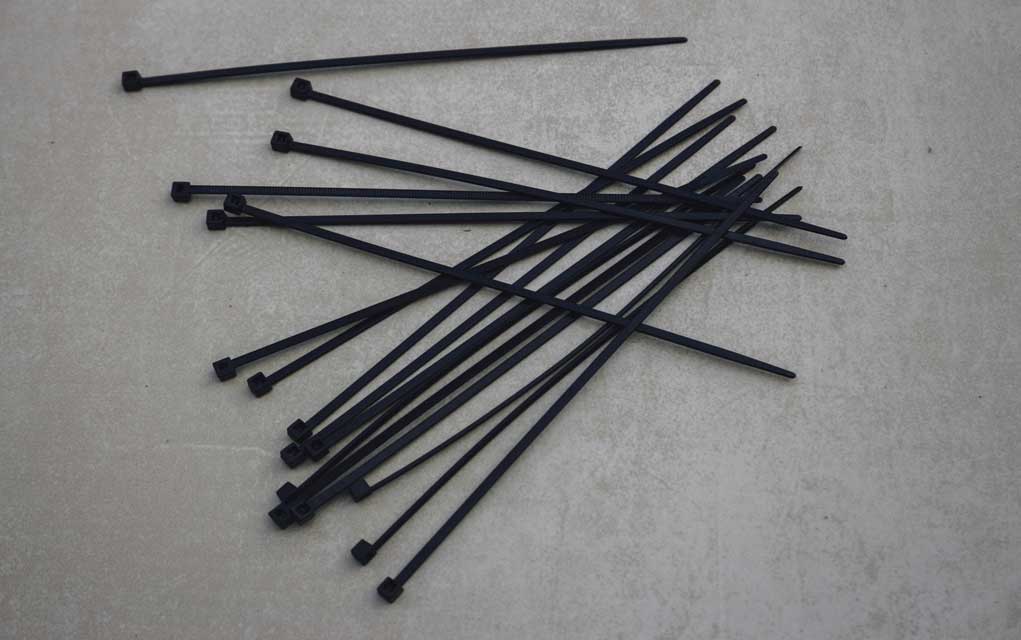(ModernSurvival.org) – Following a devastating loss, people can easily fall into despair, and saying or doing certain things may make matters worse for them. On the flip side of this coin, those suffering often truly need support and help. So how can one be there for someone after they lose the life they previously knew?
Do This
When a person is facing the loss of a home and/or, God forbid, the loss of loved ones following a life-changing event, they’ll need the support of friends and family members to get through it. Take it from someone who knows: losing your home and a family member in one fell swoop is not an easy thing to handle.
What can a person do to help in such a tragedy? Here are a few tips:
-
- Say “I’m sorry.” This may seem like an obvious thing to do, but when someone has lost everything, a bit of compassion goes a long way.
- Listen. The victims are going to have a lot to get off their chest, and one of the best things a person can do is simply be there for them and listen. They’ll likely cry, and in some cases, become angry. Grief comes out in a variety of ways in different people.
- Get Your Hands Dirty. Going through the wreckage of a home is hard work, especially for those who are digging through ruined memories. Helping them sort through the carnage in search of salvageable items will mean more to them than they will ever be able to express.
- Offer Financial Support. Even if the victims have insurance, it takes a lot longer to process than most people realize. Helping them with replacing basic essentials is a huge deal. When a house goes up in a blaze or is swept away in a storm, oftentimes everything is gone, including clothing, personal hygiene products, food, etc.
- Don’t Forget Them. This one is huge. Following a catastrophic loss, everyone promises to be there, and often they are… for the first couple of days. Then one by one, they all vanish, leaving the victims on their own. Yes, everyone else has lives of their own to handle, but simply showing up to check on a friend every other day means a lot, even months after the initial event.
Don’t Do This
Just as there are specific actions one can take to help comfort someone who has lost everything, there are other things that should be avoided, as they could make the situation worse. Here are a few:
-
- Never Say This. Telling a person that “it was only stuff” or “it could have been worse” isn’t going to make them feel better. While it may be true that the situation could have been worse, no one can tell how much a person has lost without being in their shoes. They may have only been physical items lost, but many of these hold sentimental value that is irreplaceable.
- Don’t Ask About Insurance. Yes, insurance will be incredibly important to the victim if they have it. If they don’t, asking about it will only give them one more issue to worry about. Even if they do have insurance, they may feel guilty for not having more coverage. The time to handle this is down the road a day or two, not immediately following the disaster.
- Don’t Compare Tragedies. Just because someone else may have it worse than the victim, now is not the time to compare tragedies. Many people will try to tell their own stories of loss in an effort to show compassion and understanding, but again, now isn’t an appropriate time for that.
- Don’t Tell Them To Be Thankful For Being Alive. While this may seem counterintuitive, if the tragedy is bad enough, they may be wishing they had died rather than survived. This is especially true when dealing with the loss of loved ones on top of the loss of property.
- Don’t Make Jokes. Many people will resort to humor in dark situations to try and lighten the mood but now isn’t the time for that. In fact, it may just make them resent the effort or feel as though their tragedy is a joke to you.
A major loss will leave a lasting impression on anyone, with or without losing a loved one. With the holidays right around the corner, those who have suffered such heartbreak may be having a hard time.
A simple visit or phone call can help ease their suffering, even months or years after the event. Don’t forget to reach out around those times when life is going to serve up reminders of what is gone. This includes major holidays, birthdays of lost loved ones, and the anniversary of the event itself.
Unfortunately, when disaster strikes, people often panic, which can make matters much worse for them and everyone around them. To see how to help a person deal with panic during an emergency, take a look at our article here.
~Here’s to Your Survival!
Copyright 2023, ModernSurvival.org













